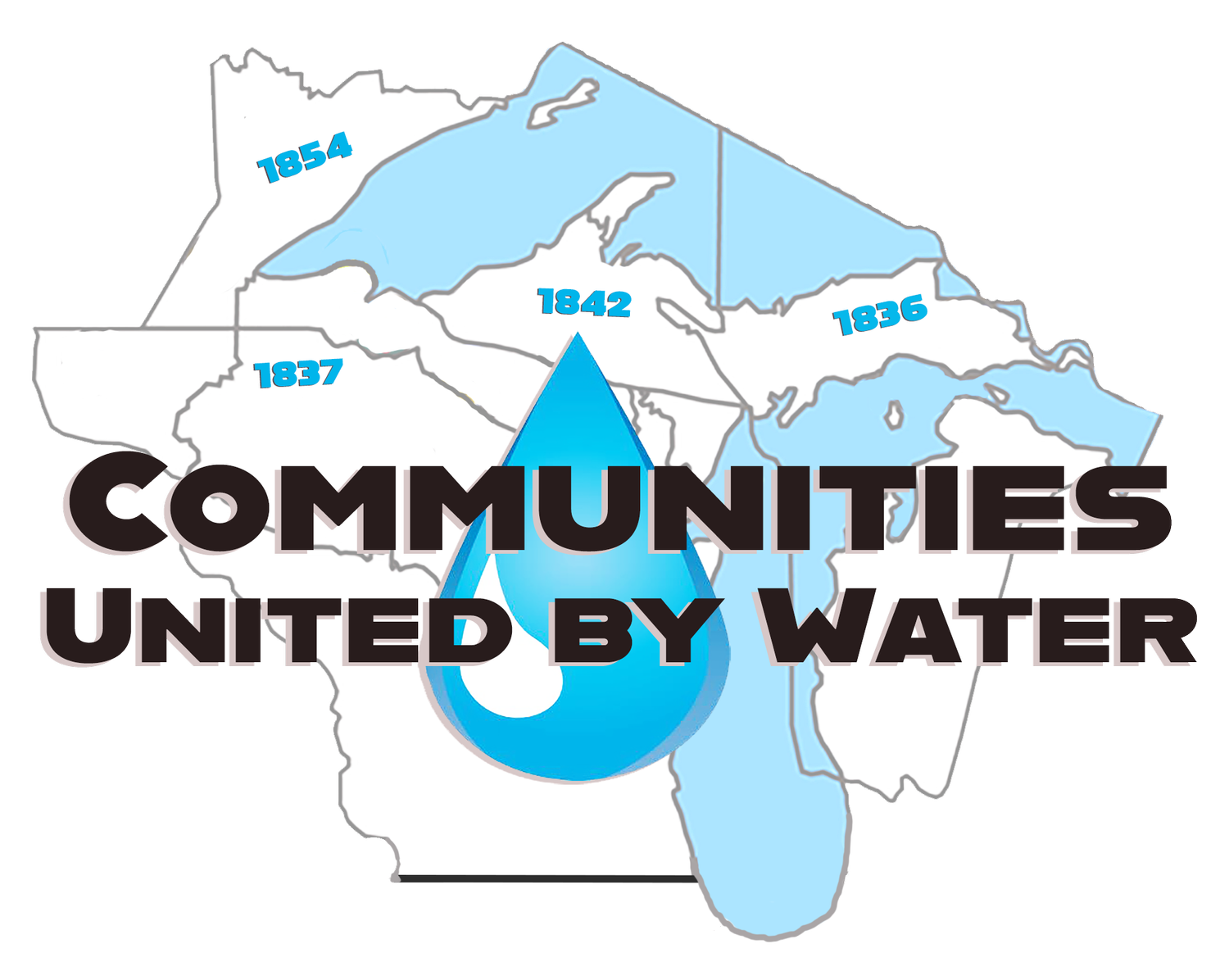UN Permanent Forum on Indigenous Issues calls on Canada to shut down the Line 5 pipeline
THE GREAT LAKES | ANISHINABEK TERRITORY - Last Friday, the United Nations Permanent Forum on Indigenous Issues (UNPFII) recommended that Canada and the United States decommission the Enbridge Line 5 oil pipeline. In the Final Report of its annual session, issued last week, the UNPFII recognized that Line 5 "jeopardize[s] the Great Lakes" and "presents a real and credible threat to the treaty-protected fishing rights of Indigenous Peoples in the United States and Canada." It called on Canada to reexamine its support for the pipeline, and for the pipeline to be shut down.
“The Anishinabek are the people of the Great Lakes and never before has there been such a unified call for action for both the United States and Canada to abandon failing fossil fuel infrastructure to protect our land and water,” states Bay Mills Indian Community Ogimaakwe (President) Whitney Gravelle.
Members of a mixed coalition of Anishinaabe leaders and environmental advocates attended the forum to advocate for highlighting Line 5 as an Indigenous and Human Rights concern.
“Enbridge’s Line 5 pipeline has already leaked at least 29 times, spilling over 4.5 million litres of oil. It isn’t a matter of if, but when another rupture will occur,” said Michelle Woodhouse, Water Program Manager for Environmental Defence Canada. “At a time when the world is facing biodiversity, freshwater, and climate crises, it’s unconscionable for the Canadian government to gamble with the Great Lakes. The Government of Canada must withdraw its use of the 1977 pipeline treaty, and work with U.S. governments and the Anishinaabeg Nations of the Great Lakes to shut down Line 5.”
Tribal and First Nations look forward to further discussions with both Canada and the United States on this important issue and call for a collaborative effort to address the concerns raised in the report.
“Our decision to address the United Nations Permanent Forum on this matter reflects the Anishinabek Nation’s unwavering commitment to ensuring Canada upholds its international obligations as a member of the global community,” states Anishinabek Nation Grand Council Chief Reg Niganobe.
The Anishinabek Nation and Bay Mills Indian Community believe that protecting the rights of Indigenous Peoples and the environment should be a top priority for both governments. The Permanent Forum's recommendations serve as an important reminder of the need to work together to protect our planet and ensure a sustainable future for all.
Background information:
The United Nations Permanent Forum on Indigenous Issues was established in 2000 by the United Nations Economic and Social Council. Its purpose is to serve as a coordinating body to emphasize the importance of protecting the economic, social, and cultural development of Indigenous Peoples, and raise awareness of indigenous issues within the U.N. system.
The advocacy at the Forum follows a submission focused on Line 5 by representatives of 51 Tribal and First Nations to the U.N. Human Rights Council for Canada’s upcoming Universal Periodic Review (UPR). The submission highlights how Canada’s support for Line 5 violates its human rights obligations and calls on Canada to reverse course and respect and protect the human rights of affected First Nations.
The UN Human Rights Council Universal Periodic Review petitioners are:
Bad River Band of the Lake Superior Tribe of Chippewa Indians
Match-e-be-nash-she-wish Band of Pottawatomi Indians of Michigan
– 30 –
For more information or to request an interview, please contact:
Paula Gray, Environmental Defence, media@environmentaldefence.ca
Laura Barrios, Communications Coordinator, Anishinabek Nation, (705) 498-1957, laura.barrios@anishinabek.ca
Shannon Jones, Media Coordinator, Bay Mills Indian Community, newspaper@baymills.org

